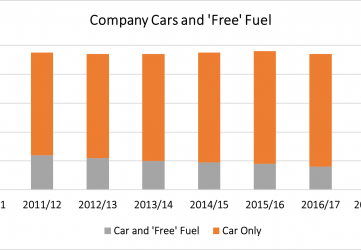HMRC has shot yet another salvo across the bows of employers claiming grants under the government’s Coronavirus Job Retention Scheme (CJRS), by announcing an increase in the number of reports it has received regarding potentially fraudulent claims. Apparently, at the date of this piece, the new number is 1,868 up by 1,073 from the original number announced on 12 May 2020.
A word to the wise: the fact that HMRC has made two announcements in less than four weeks on the number of reports received is indicative of a potential launch of investigations into to the receipt of CJRS grants by some employers. The problem with this lies with the potential for making of anonymous reports by disgruntled employees whose actions could cause unnecessary interventions by HMRC with costs being incurred either by way of disruption to business or the cost of engaging profession representation.
HMRC has advised that whilst it is currently reviewing the information received before taking any action, it will continue to encourage employees to report perceived abuses of the scheme via it’s portal on the.GOV website. Examples of abuse include where an employer claims a grant but does not pay this to the employee(s). using the grant to fund a redundancy payment, making employees work whilst on furlough or asking them to work while on furlough.
- Naming fraudulent companies and directors.
- Requesting repayment of monies claimed and possible penalties
- Criminal investigation and prosecution under the Fraud Act 2006
As anyone who has had dealings with HMRC’s investigation officers, just proving your innocence can be a challenge once an enquiry has commenced, so do not hesitate to seek professional assistance if required.







